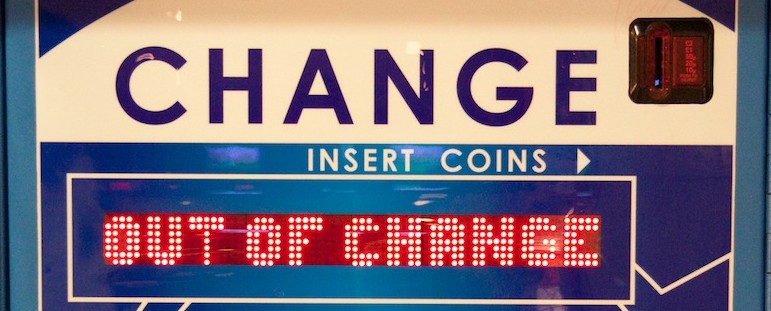Issue Three: The Threshold Question
Occupy America’s third issue is “The Threshold Question.” As Americans we tend to be proud of our country first and critical second. As we enter school we are taught that ours is the “land of the free, home of the brave.” We generally have an assumed set of values in mind when we think of our country: democracy, freedom, peace, prosperity. The particular list will undoubtedly vary from person to person, but overall our beliefs tend to be positive.
Few of us stop to ask if this assumption is warranted. When facts arise that threaten this worldview we acknowledge them and move on. Democracy is imperfect, but it’s the best solution we’ve got. Errors happen, but reform can fix them.
Anything else, we say, is idealistic. Those who question the integrity of our systems as a whole are generally seen as outsiders or fringe elements, unable to appreciate the hard-nosed pragmatism that comes with an adult understanding of reality.
Is this really the case? In this issue we invite readers to ask what we have termed “the threshold question.” There are many different ways of stating it, but they all get at the same thing. “How big does a contradiction have to get before it stops being the exception and becomes the rule?” Or put another way, “How bad is bad enough?”
Some will undoubtedly cling to what they see as the pragmatic response, shunning the threshold question as too idealistic to be useful. To those of you considering such a response, I have a simple question. If your ideals aren’t worth fighting for, why bother believing in them?
In this issue we invite you to consider seriously whether the current state of affairs reflects your core values. And if it does not, we ask that you consider whether internal reforms will be sufficient to address your concerns or if more radical action is required.
My own article criticizes the profit-first construction of our economy and the complete capture of our government by financial elites. With a detailed analysis of how capitalism creates unemployment, I call for new coalitions between the far left and far right to reorient our society towards democratic justice.
Ralph Paone’s piece interrogates how the conditions of so-called “knowledge work” constrain our ability and desire to organize for social change. He calls for inventive experimentation in blockades, strategic mapping, and the redeployment of knowledge-based skills to reactivate the knowledge-classes in social struggle.
Prashanth Kamalakanthan’s extended feature offers a detailed analysis of the largely hidden American war machine and the extraordinary power to assassinate-at-will that President Obama has grabbed. With a private military and the power to kill without public oversight, it’s unclear what power this system leaves for the people.
We hope you find this issue engaging, and thank you for your time.
Sincerely,
Bobo Bose-Kolanu
(Lead image courtesy of Tom Page)

